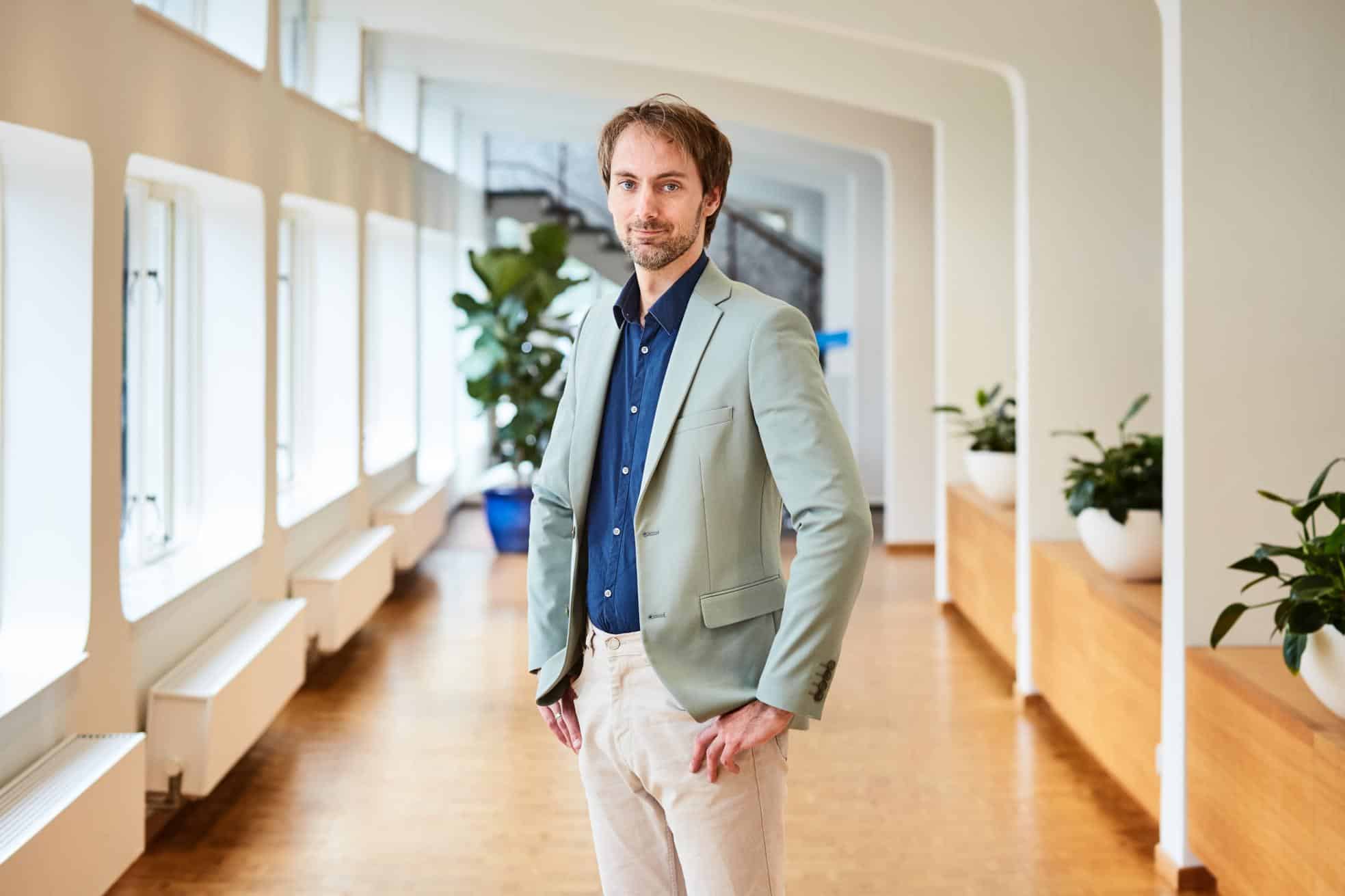
High Tech Campus Eindhoven (HTCE) is rolling out a Field lab for autonomous drones. The initiative is part of a wider European effort to explore the use of autonomous drones in and around cities. According to the initiators, this can lead to “a new generation of advanced autonomous aviation digital infrastructure”. The goal is to benefit the Urban Air Mobility (UAM) of cities in a safe, secure, and regulated way.
HTCE has appointed Serendipity to execute the technical coordination of its field lab. “Of course, we would like to know whose drone is flying – from where, to where, on what path and altitude – just like with planes, only closer to the ground,” says Jan-Willem Neggers, HTCE Managing Director. “And for exactly this reason, we’d better make it safe, transparent, traceable, and well-regulated. With the rise of drone use, flying taxis, and autonomous last-mile delivery, we need to prepare ourselves for the future.”
Flying Forward
The field lab will be part of the Flying Forward 2020 consortium (FF2020) and ecosystem. FF2020 is a three-year collaborative innovation and research project recently funded by the European Commission. After completing the launching site at HTCE, the UAM infrastructure will be tested at four other field labs across the EU: the University of Oulu in Finland, Tartu Science Park in Estonia, Ospedale San Raffaele Milan in Italy, and the City of Zaragoza in Spain.
Neggers: “When we were approached by LUMO Labs and Serendipity to participate in this project, we saw the possibilities for us as a campus to realize our ambitions. Our innovative campus, with all the tech-savvy people working here, is the perfect location to develop, test, and roll out this project.”
Andy Lürling, Founding Partner of LUMO Labs says many of the technologies used in this project come from start-ups and scale-ups. “The field labs will also be ideal test labs for some of our portfolio companies. We see Serendipity as the curator between start-ups and the multinationals.”
Serendipity, founded in 2020, is based in Eindhoven. Serendipity helps local ecosystems with creating sustainable, resilient, and livable cities. “We are honored and excited that we were able to build the UAM ecosystem with the best partners in the world to create the digital infrastructure of the future,” explains Jonas Onland, Managing Partner of Serendipity.
The international FF2020 consortium consists of public and private organizations, universities, and international multi-disciplinary teams of experts such as Digie, EURO USC Italia, Nalantis, Serendipity, University of Maastricht, and VERSES. FF2020 is supported by several large institutions including the European Space Agency (ESA), NXP, VDL, Microsoft, Nokia, and LUMO Labs.








